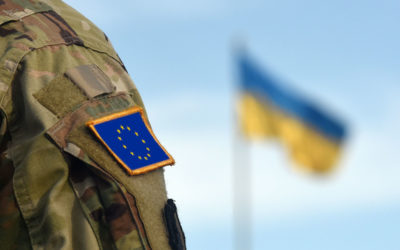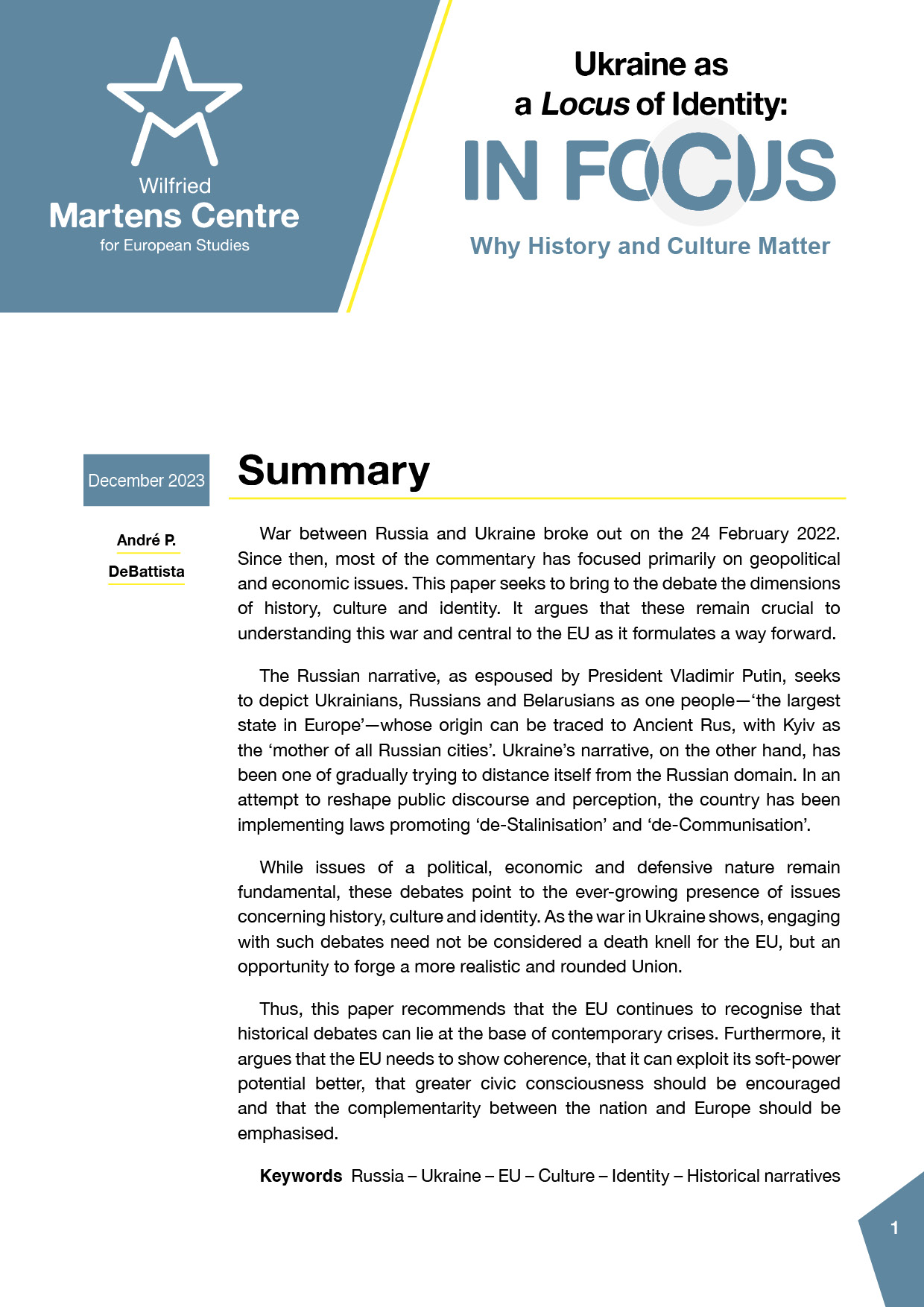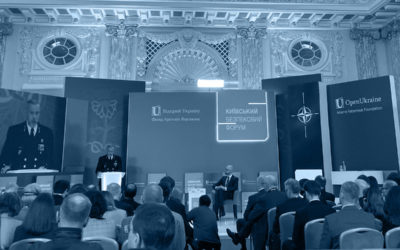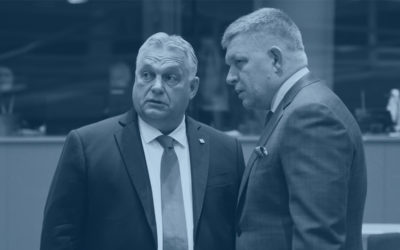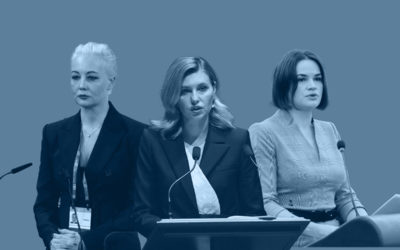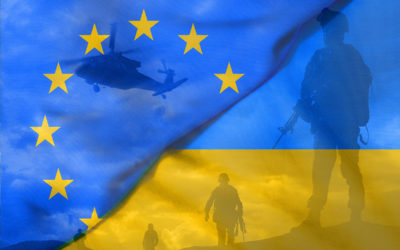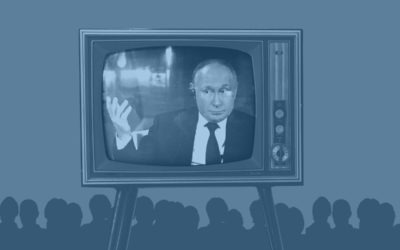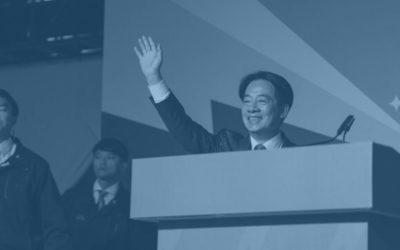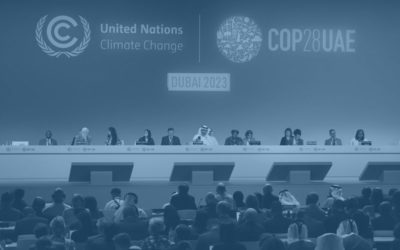It’s not geopolitics, stupid!
07 April 2014
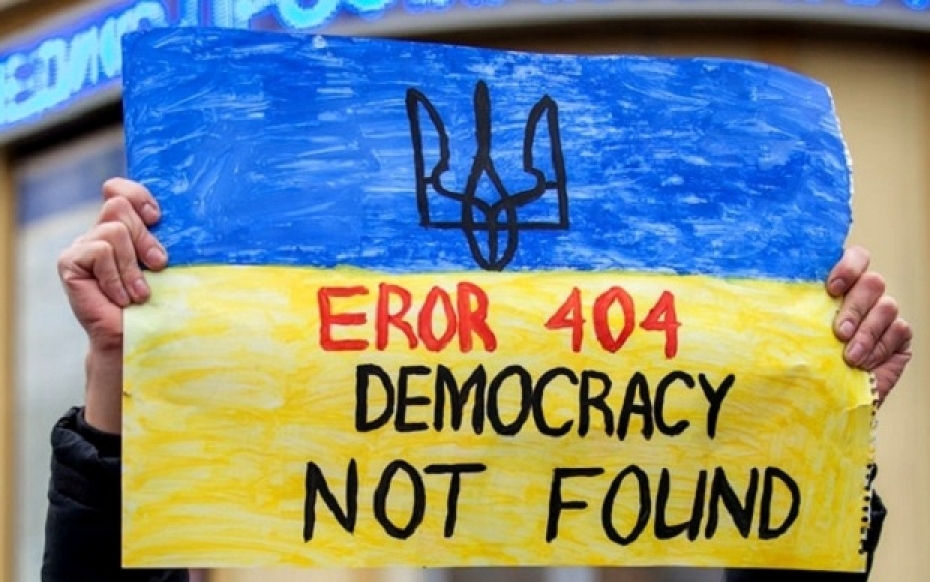
The chessboard has become the metaphor of choice in the debate about Russia’s aggression. For more than a month now, our condition humaine can be aptly described as ‘waiting for Putin’s next move’ [http://ces.tc/1gsEU2b]. On a more abstract level, this is reflected by the inflationary use of the term geopolitics. Especially among conservatives, we hear appeals that the West, and especially the ‘post-modern’ European Union, has to learn hardcore geostrategy. But on the Left as well, it is fashionable to frame the conflict as an imperial struggle between the West and Russia over a Ukraine which is, in itself, allegedly the embodiment of an East-West split. Geopolitics is not mentioned, but clearly implied. Now, this is how Wikipedia [http://ces.tc/1fQK8oZ] defines the term: ‘… a method of foreign policy [http://ces.tc/1kwRod1] analysis which seeks to understand, explain, and predict international political behaviour primarily in terms of geographical variables.’ Or, as Napoleon put it more bluntly: ‘La géographie, c’est le destin des peuples’.
I beg to differ. Because if that was true, then neither Ukraine nor Georgia, neither Belarus nor Kazakhstan, would ever have the chance to be free countries and choose their alliances, as long as Russia remains as big as it is. Needless to say, this perspective very much suits the Kremlin view in which NATO enlargement (and increasingly also EU enlargement or even association) to Russia’s borders represents a hostile act because they penetrate Russia’s sphere of ‘privileged interest’.
Zoom in on the Euromaidan and it’s easy to see that the geopolitical perspective is profoundly mistaken. What is it that hundreds of thousands of Ukrainians took to the streets for? For what were many of them risking their careers, their health, their personal freedom and their lives – and about 100 actually lost their lives. Was that for this or that empire? For a direction on the compass? Definitely not! What these Ukrainians wanted was something ultimately very simple: a decent future in a halfway modern state, without rampant corruption, with freedom of expression and a fairly functional justice system, and the ability to democratically choose its alliances. Or, as Anne Applebaum [http://ces.tc/Pv2NA2] put it: ‘this conflict pits Ukrainians (both Russian- and Ukrainian-speaking) who want to live in a “European” democracy with human rights and the rule of law, against Ukrainians (also both Russian- and Ukrainian-speaking) — who support an undemocratic, oligarchic capitalist regime that is politically and economically dependent on Russia.’ That is not geopolitics. That is a struggle of political systems. Incidentally, this also puts the alleged conflict between Western and Eastern Ukraine into perspective.
In fact, even Putin and the Russian power elite seem to have at least enriched their erstwhile purely geopolitical narrative with an increasingly comprehensive Eurasian ideology [http://ces.tc/1pYFr17] that casts itself as a grand alternative to the West – although admittedly on clay feet, as far as stringency and philosophical underpinnings are concerned. Nationalism and – increasingly – ‘traditional values’ are blended into imperial rhetoric by the Kremlin and its ideologues. They believe liberal democracy is finished. Hence, like all really important conflicts between political models, this one is ultimately about which one owns the future and which one belongs to the past.
This is actually good news for the EU. Its soft power finds traction with the people of Eastern Europe – or, at least, with their most dynamic parts, including Russians, by the way. But this will only work under four conditions: firstly, for the EU’s soft power to be effective, it has to be backed up by NATO’s hard power – both to deter further aggression and to reassure the allies. That requires political resolve. Secondly, the EU has to be serious about answering to the aspirations of the people who want to live in ‘European’ countries. That requires short term help as well as a long term perspective – which must, in the end, include membership. All this will be a hard sell inside the EU. Thirdly, the West will have to reinvent itself, both in terms of a new transatlantic bond, and in terms of the West Europeans taking the Central and East Europeans more seriously. Fourthly and maybe most importantly, this conflict with Putin’s Russia has to be seen for what it is: a political struggle not identical to, but with a similar intensity as the Cold War. And just like the systemic conflict between 1945 and 1989, this one is winnable.
ENJOYING THIS CONTENT?



